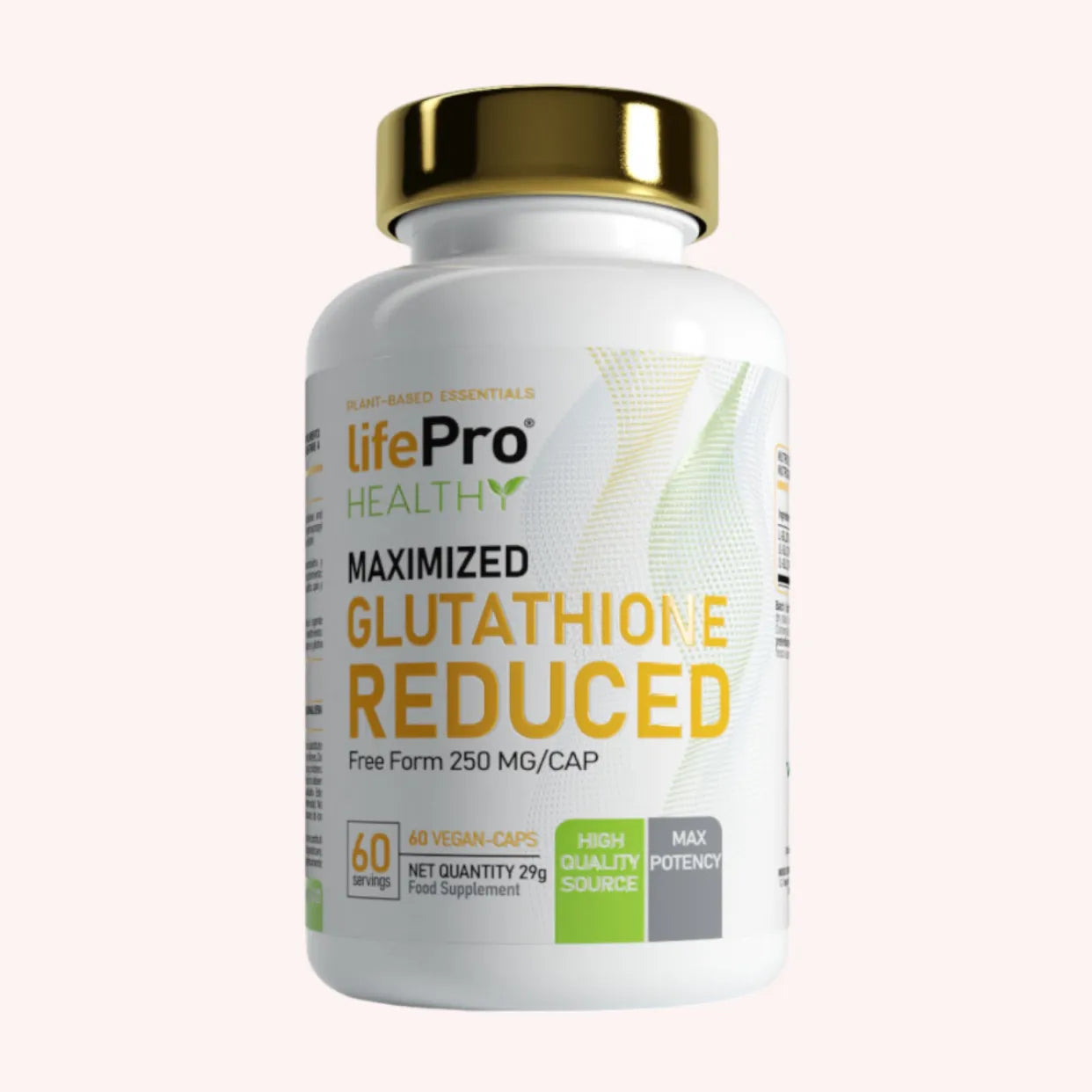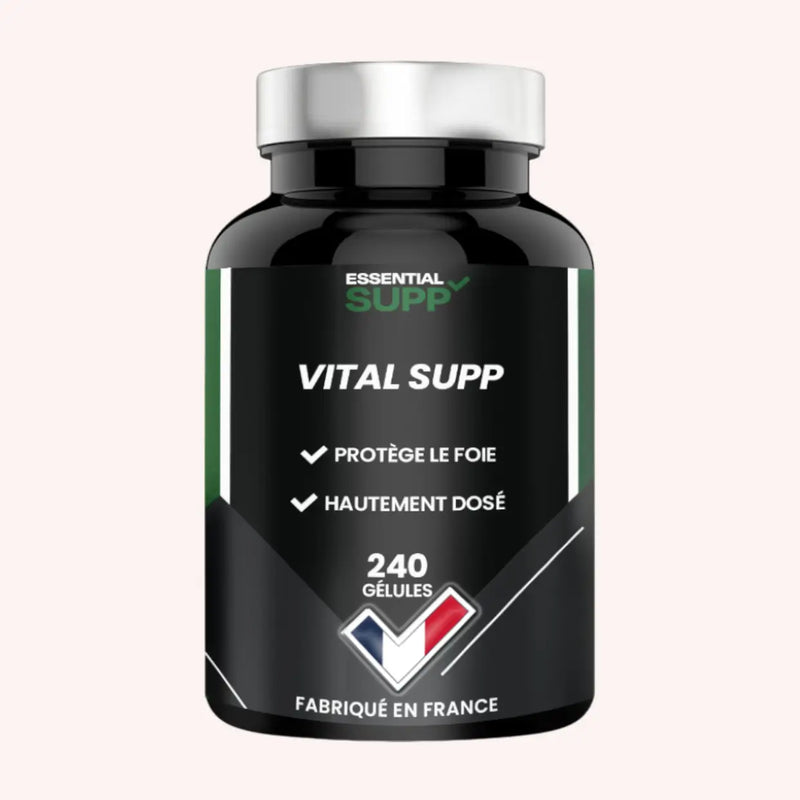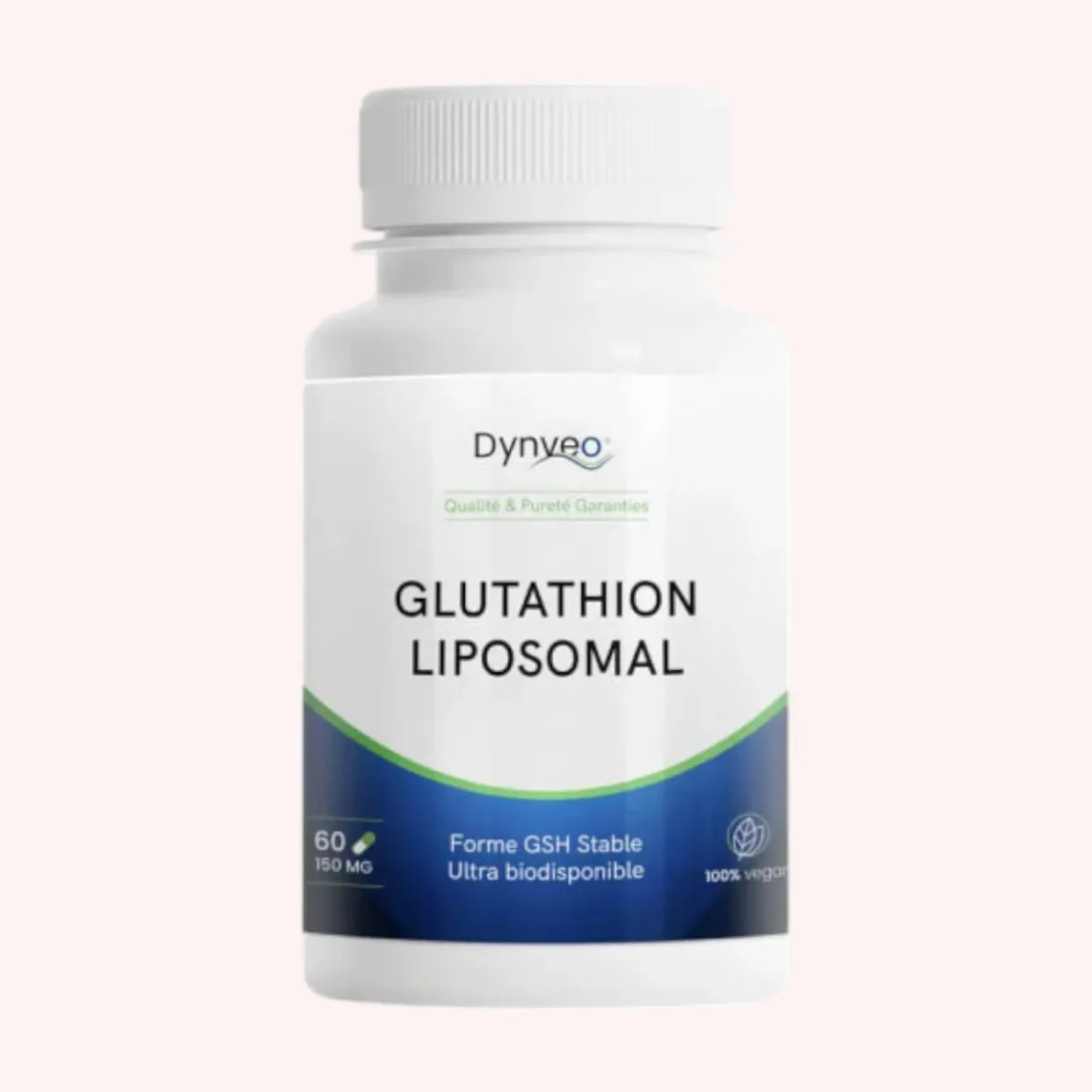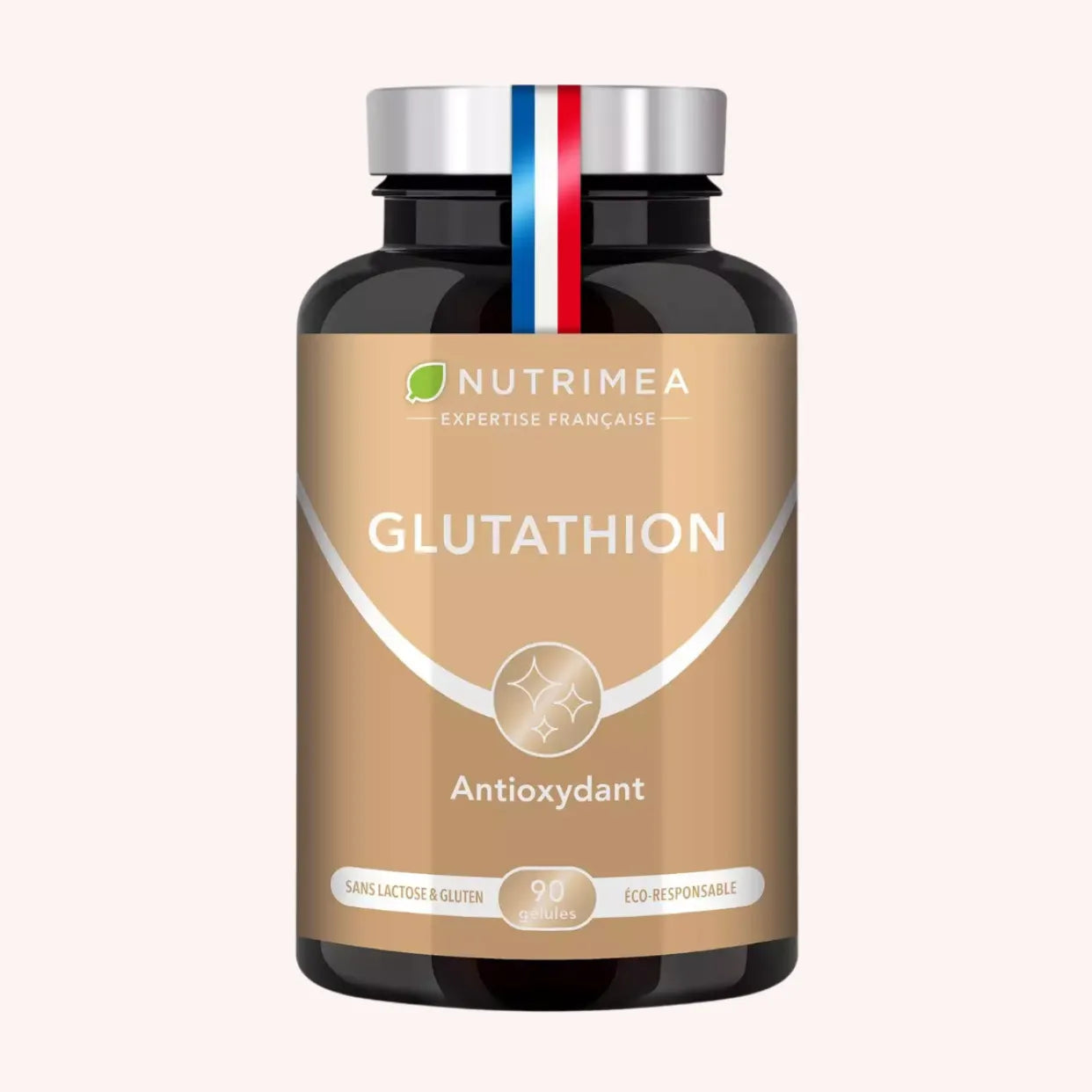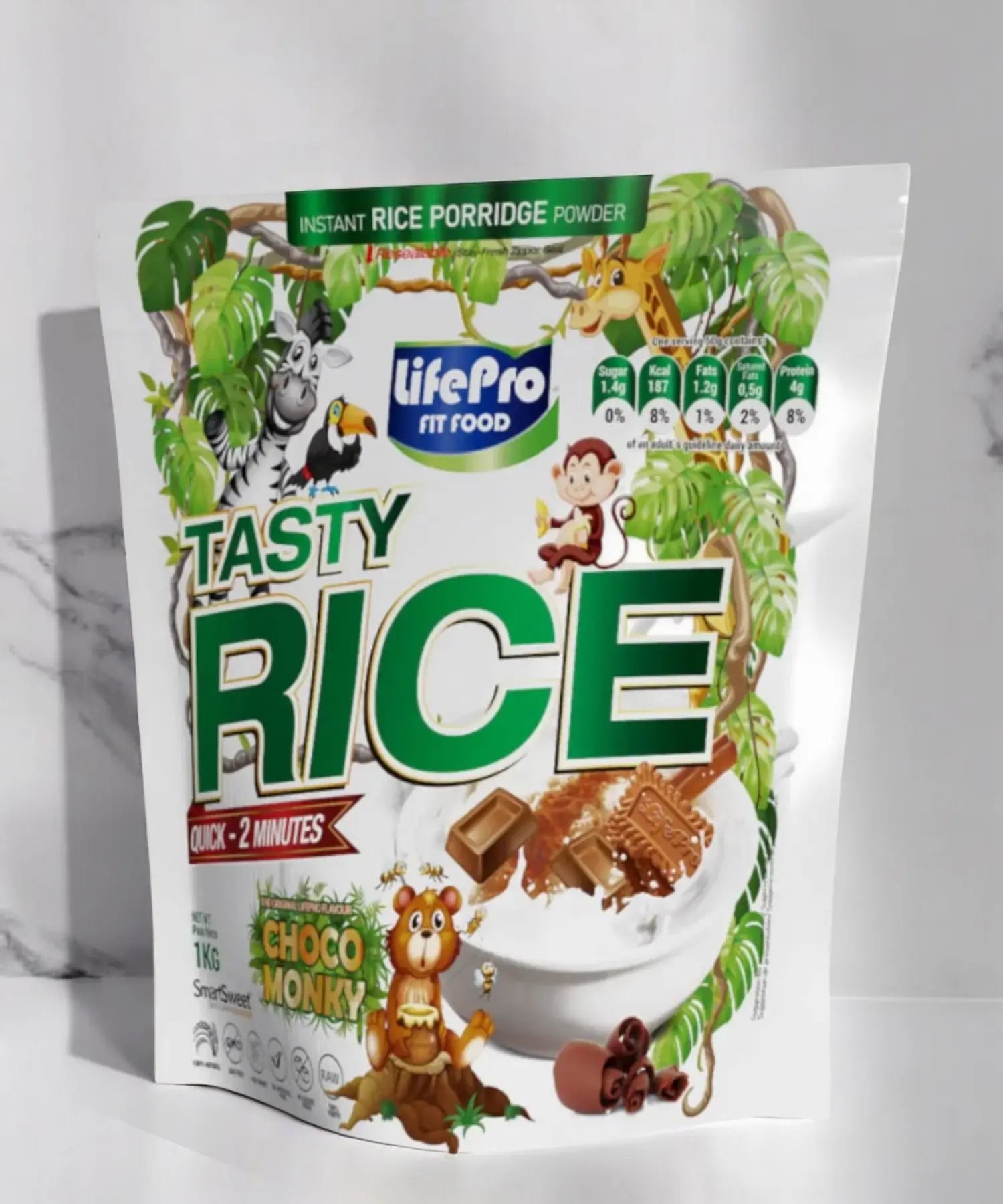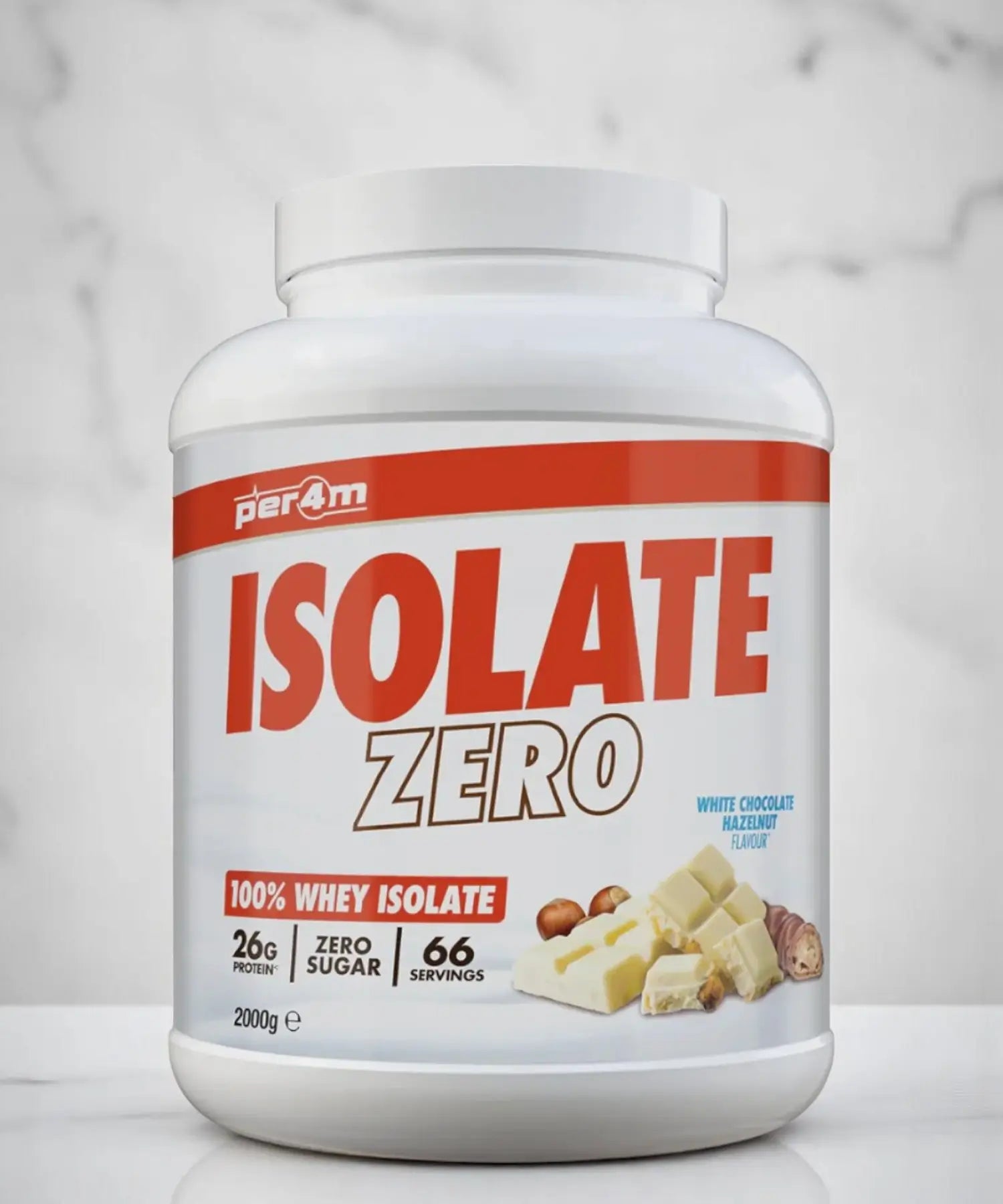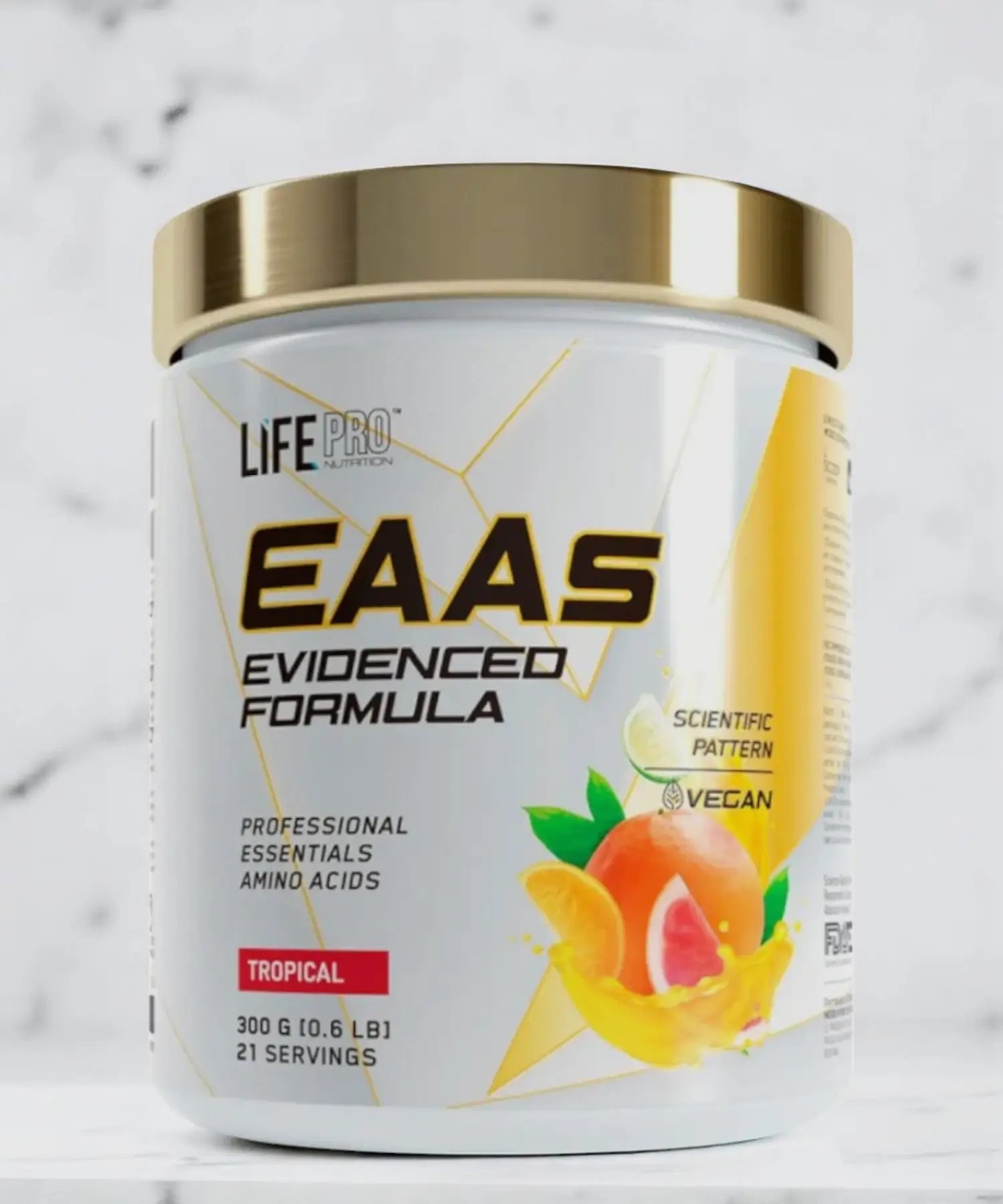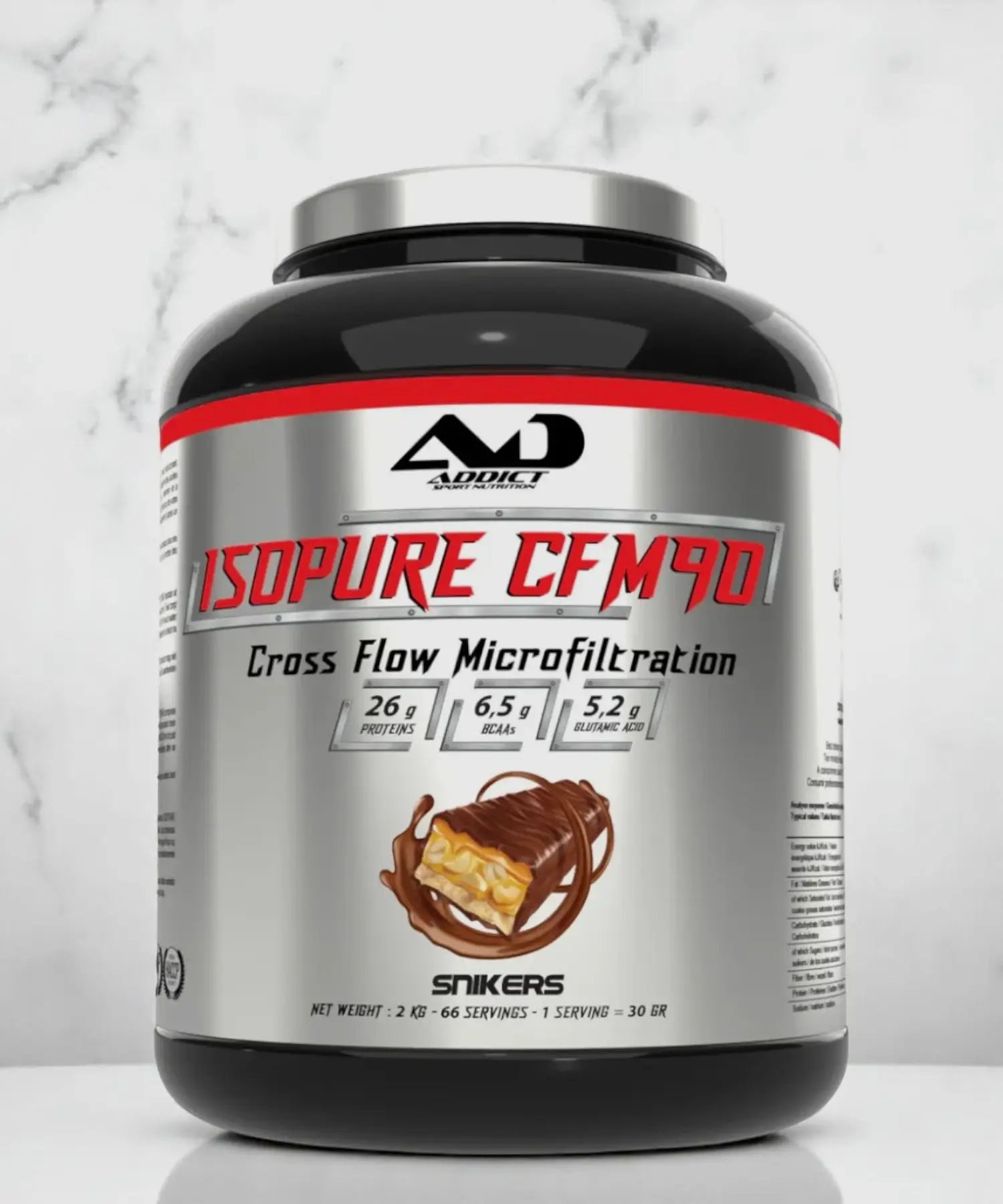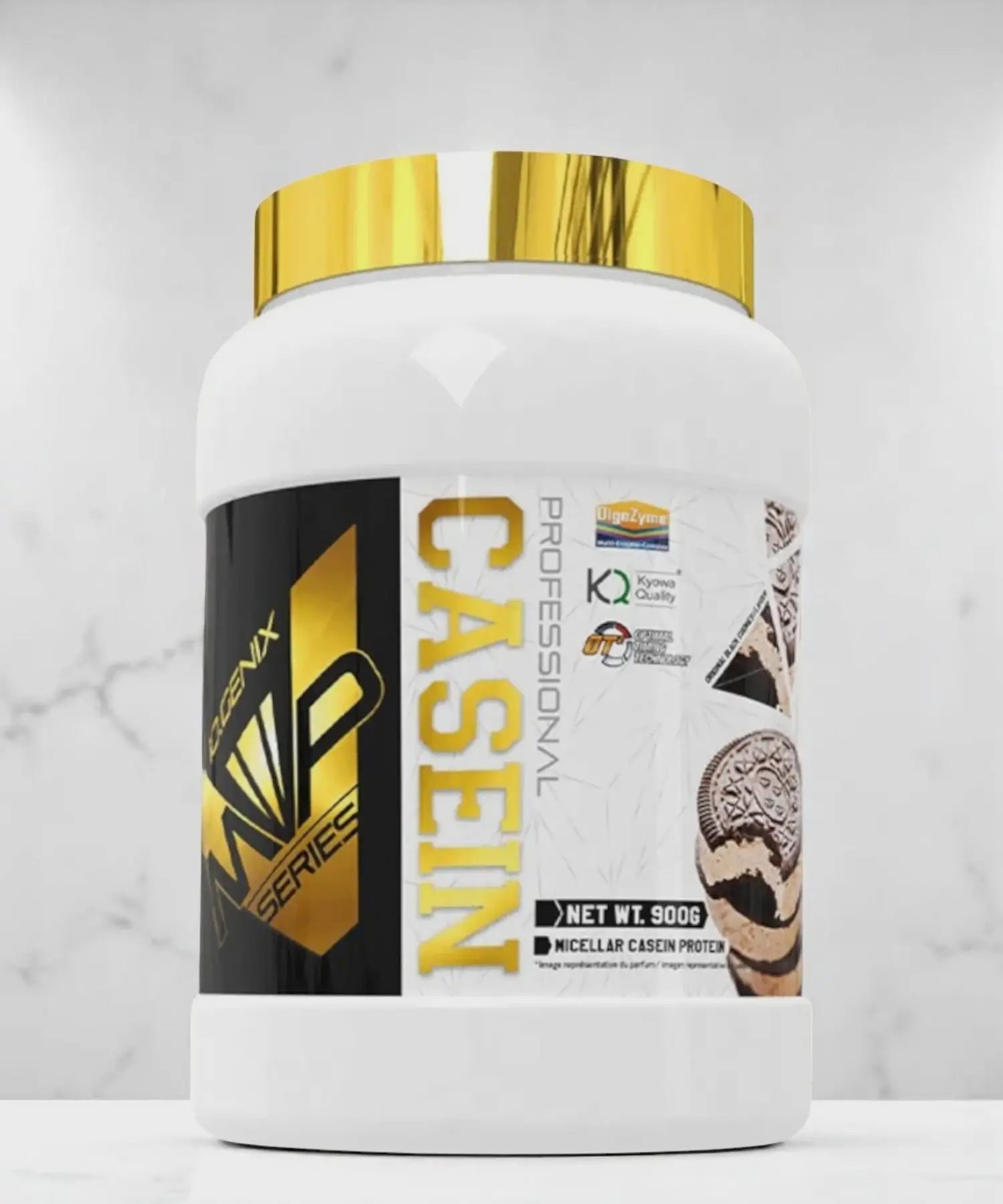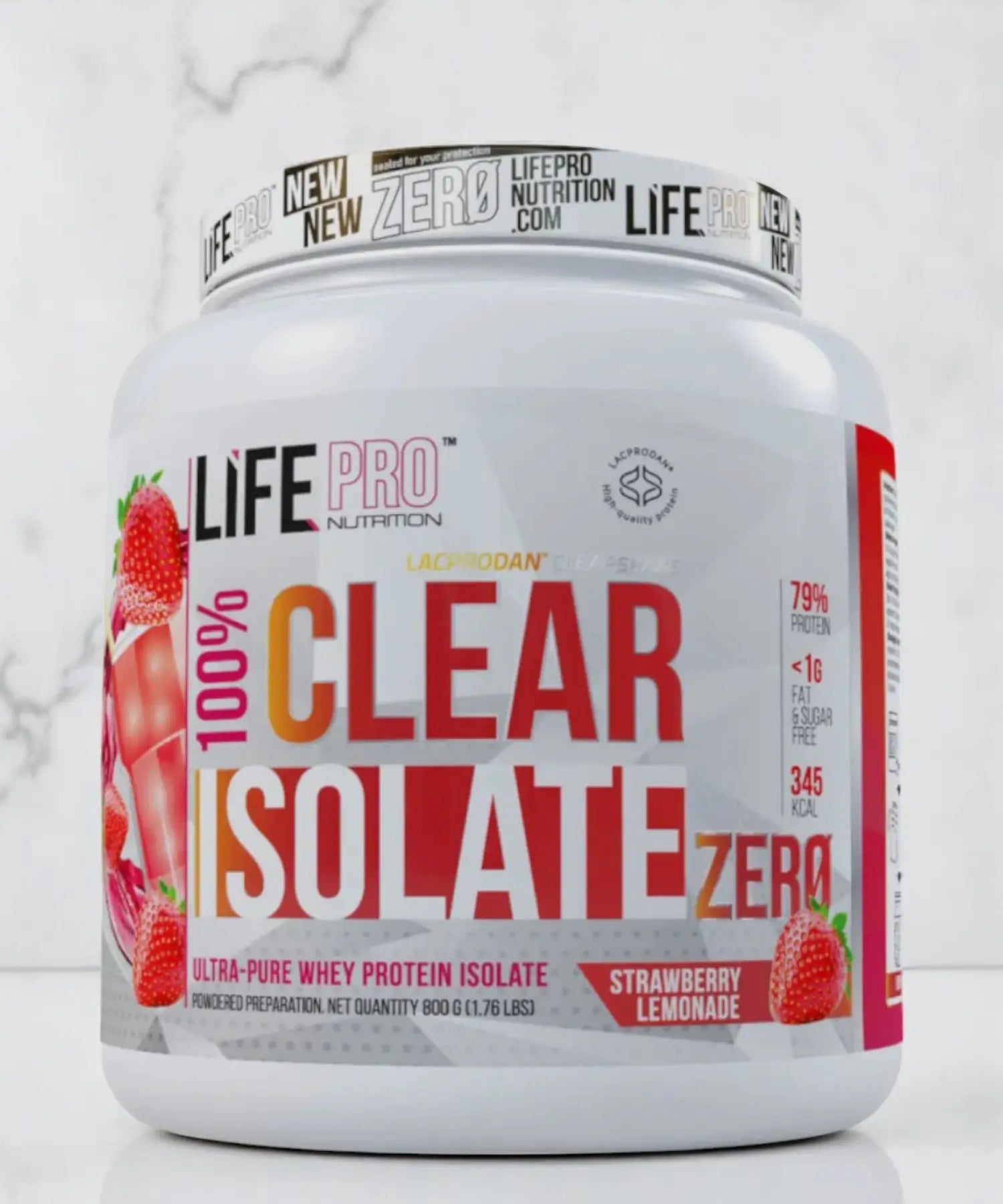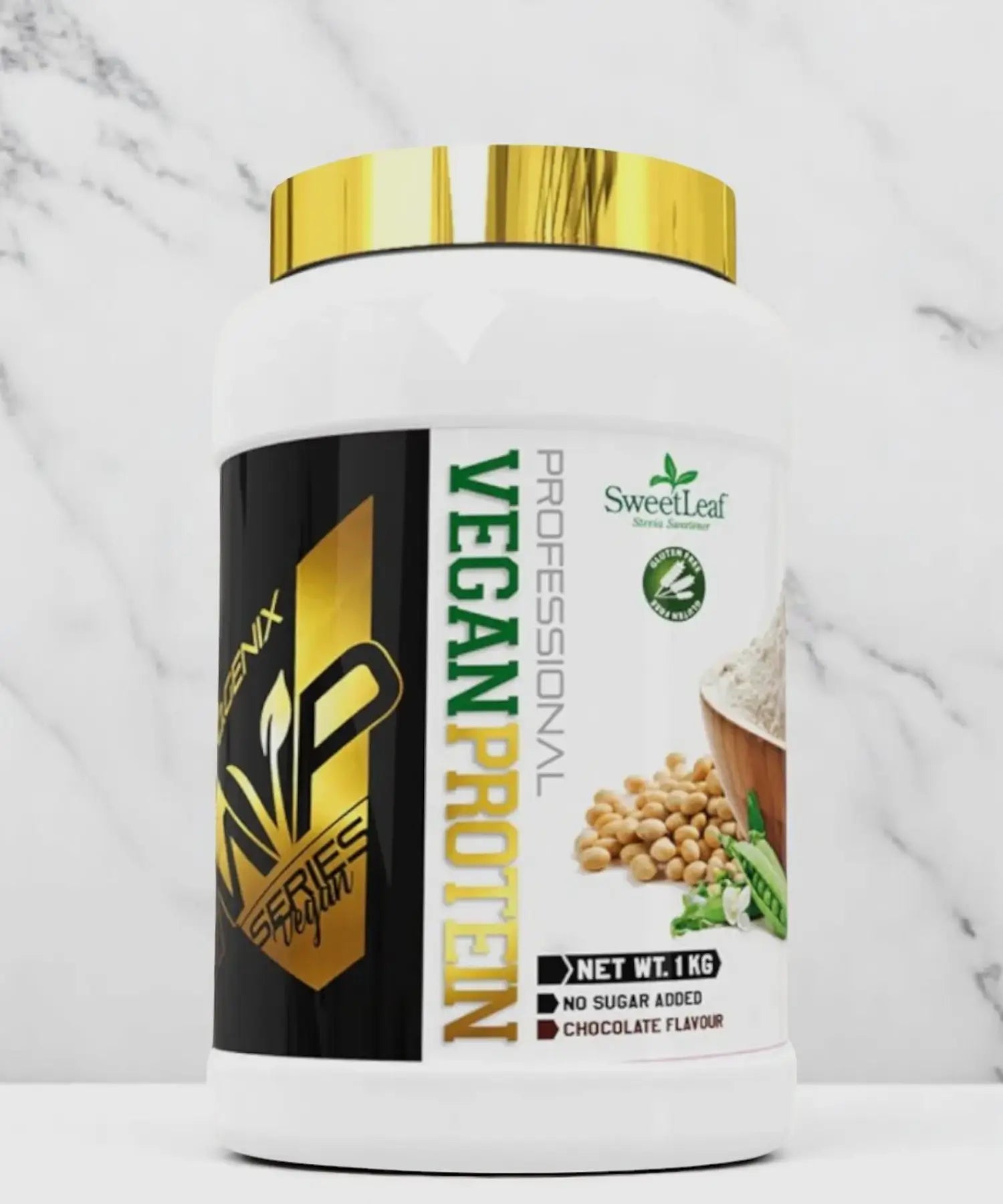4 products
Glutathione is an essential molecule found in every cell of the human body. Increasingly sought after in dietary supplement form, it offers numerous benefits. In this article, we'll explore what glutathione is, where it's found in the body, how it's produced, the foods that promote its production, and finally, how to choose a quality dietary supplement to get the most out of it.
What is glutathione and how is it produced in the body?
Glutathione (GSH) is a small, essential protein composed of three amino acids: glutamine, cysteine, and glycine. These three amino acids play a crucial role in the synthesis of this molecule and its function at the cellular level.
- Glutamine is a non-essential amino acid that is abundant in the body.
- Cysteine is a sulfur-containing amino acid that contains sulfur, a key building block for making glutathione.
- Glycine is a simple amino acid involved in many biochemical processes in the body.
These three amino acids combine in the liver to produce glutathione, a molecule that plays a key role in many biological functions.
How is glutathione produced by the body and where is it found?
Glutathione is an essential molecule produced naturally by the body, mainly in the liver , where it is synthesized from three amino acids: glutamine , cysteine and glycine . However, over time and under the influence of various factors, glutathione production can decrease.
Glutathione is present in virtually every cell in the human body, but it is particularly concentrated in key organs like the liver , kidneys and lungs , which are essential for detoxification and filtration processes. Indeed, these organs play a vital role in eliminating toxins and regulating the body's internal balance. In addition, glutathione is also found in other vital tissues, including the brain .
Foods that promote glutathione production
Although glutathione is produced naturally by the body, certain foods can help boost its production. Examples of beneficial foods include:
-
Foods rich in sulfur:
- Garlic
- Onions
- Cruciferous vegetables (broccoli, Brussels sprouts, etc.)
- Eggs
These foods promote the production of cysteine, an amino acid essential for the synthesis of glutathione.
-
Fruits and vegetables rich in vitamins and minerals:
- Citrus fruits (oranges, grapefruits, lemons)
- Red fruits (strawberries, raspberries, blueberries)
- Green leafy vegetables (spinach, kale)
These foods provide nutrients that support natural glutathione production.
A balanced and varied diet is therefore essential to maintain optimal levels of glutathione in the body.
The correct dosage of glutathione
When it comes to supplementation, glutathione supplement dosage can vary depending on individual needs. Generally, doses of 250 mg to 300 mg per day are commonly recommended for routine use, while higher doses can be used under the supervision of a healthcare professional.
How to choose the best glutathione supplement?
Choosing the right glutathione supplement can be challenging given the multitude of options available on the market. Here are some tips to help you make an informed choice:
- Supplement Form: Glutathione supplements come in different forms: capsules, tablets, powders.
- Synergy with Vitamin C : One of the best ways to maximize the effects of glutathione is to combine it with vitamin C, which is known for its antioxidant properties. Many brands offer supplements that combine the two, which can be an excellent choice for more effective supplementation.
- Transparency and quality: Make sure the manufacturer is transparent about the composition of their product and uses high-quality ingredients. Choose products without artificial additives or preservatives and those from trusted brands known for their quality and reliability.
Conclusion :
Glutathione is a fundamental molecule found in vital organs such as the liver, kidneys, and lungs. By choosing a quality glutathione supplement and combining it with vitamin C, you maximize these benefits.
Remember, as with any supplement, it's advisable to consult a healthcare professional before starting a new supplement. Also, be sure to prioritize a nutrient-rich diet to support your body's natural glutathione production.
Source :
- Li, P., & Wu, G. (2022). Important roles of amino acids in immune responses. British Journal of Nutrition. : https://pubmed.ncbi.nlm.nih.gov/34776020/





